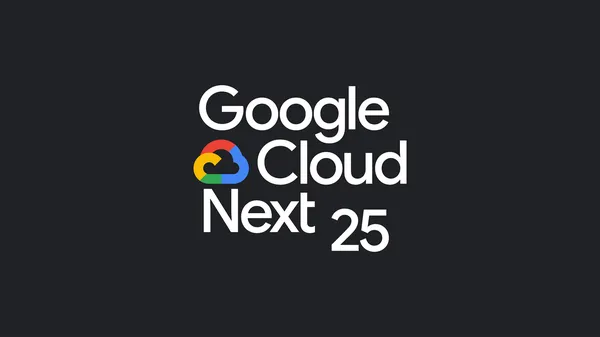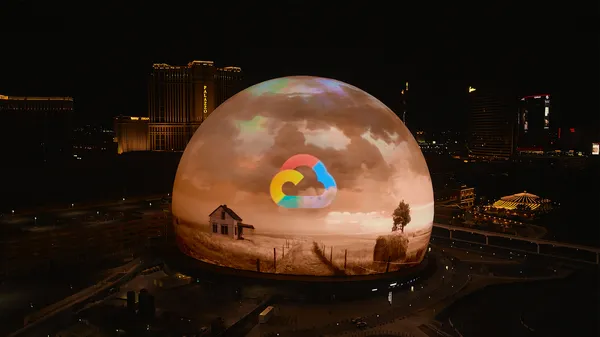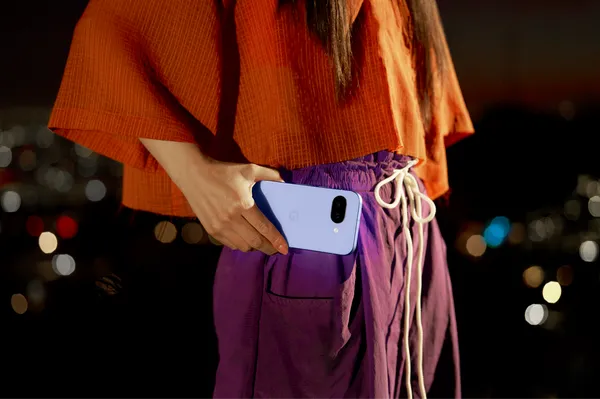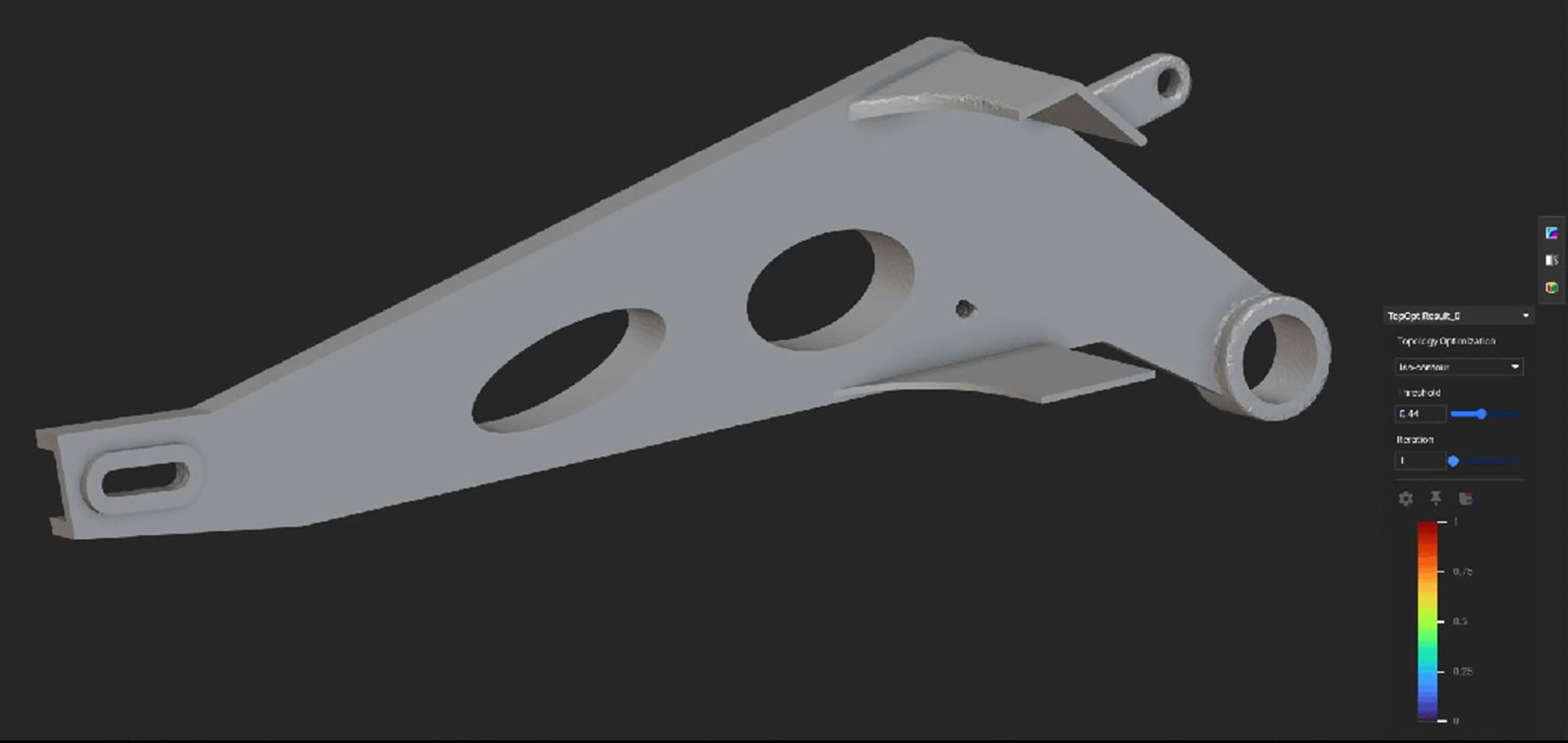
When you talk to business leaders about generative AI, they often marvel at just how quick adoption has been across the enterprise. I’ve rarely seen anything like it in my decades in the business, and you need only look to the action at Google Cloud Next this week for proof.
Thousands of customers and partners have joined us here in Las Vegas to showcase the amazing things they’ve created over the past year using AI — as well as to explore all that could be possible with our latest offerings, like Google Agentspace, Gemini 2.5, Imagen 3, Veo 2, our latest TPU chips and Customer Engagement Suite.
To give you just a flavor of some of the things we’re building together with AI, here are highlights from nine business leaders who took part in major announcements at Cloud Next 25. And to really get a window into what’s possible, check out our updated list of real-world AI use cases, which now numbers more than 600.

NVIDIA
What they did: Google Cloud and NVIDIA announced a significant expansion of our partnership that will bring a range of Gemini models, running on NVIDIA’s new Blackwell compute platform, to on-premises data centers and other secure environments. Oftentimes, highly regulated industries or localities with strict digital sovereignty requirements limit access to the public cloud, including most gen AI models. This new offering through Google Distributed Cloud bridges that gap.
What they’re saying: “Every industry, every company, every country wants to get its hands on AI. However, everything has to be fundamentally confidential and secure. And so, we’re announcing something utterly gigantic today — Google Distributed Cloud with Gemini and NVIDIA are going to bring state-of-the-art AI to the world’s regulated industries and countries. Now, if you can’t come to the cloud, Google Cloud will bring AI to you.” — Jensen Huang, co-founder and CEO, NVIDIA, during the Next 25 keynote.
Sphere + The Wizard of Oz
What they did: Sphere Entertainment partnered with Google DeepMind, Google Cloud, Hollywood production company Magnopus, to create a larger-than-life immersive experience of “The Wizard of Oz” for the 160,000-square-foot interior screen at Sphere. Using first-of-its-kind engineering and AI, they were able to greatly enhance the resolution of the 1939 film classic, as well as expand backgrounds and even fill in character performances and enliven details that traditional CGI would have struggled to reproduce.
What they’re saying: “We looked for content that would accentuate all of the different capabilities inside of the venue. My hope for it is that we keep exploring different ways to create this kind of content and to take great performances from the past and bring them to life today.” — James Dolan, CEO of Sphere Entertainment and Madison Square Garden, in a Next 25 video.
L’Oréal
What they did: L’Oreal is using Google’s Imagen 3, Veo 2 and Gemini multimodal models within CREAITECH, L’Oréal’s gen AI beauty content lab. This platform has transformed the creative process of L’Oréal’s marketing teams, allowing them to supercharge creative ideation and streamline the marketing production with the creation of unique images. The only rule is not to generate images of people for advertising purposes, to remain true to human beauty.
What they’re saying: “Using AI technology is a very big accelerator for marketing teams. Now, it’s easier to bring to life ideas and generate new concepts, create storyboards or test product pack shots in different universes, all of this in order to express a clearer vision to internal teams or partners and therefore save time and back and forth.” — Thomas Alves Machado, Gen AI Global Content Director at L’Oréal Groupe, in an interview.

What they did: Reddit Answers is a new conversation platform that’s using generative AI built with Gemini and Vertex AI that’s grounded in the vast repository of information on Reddit.
What they’re saying: “We wanted to build a unique search product that’s powered with AI, but still grounded in all of the real conversations and perspectives that are available on Reddit. It provides powerful AI that’s grounded in Reddit’s existing posts and conversations, so it shows you more of what real humans think versus creating unverifiable perspectives on its own.” — Pali Bhat, chief product officer at Reddit, in a video message during the Next 25 keynote.
Intuit
What they did: In tax year 2023, TurboTax successfully processed 44 million U.S. tax returns and $107 billion in U.S. tax refunds on Intuit’s platform using the company’s Generative AI Operating System, or GenOS. This tax season, it has integrated Google Cloud’s Doc AI technology and Gemini models into GenOS to expand the capabilities of Intuit’s “done-for-you” autofill of tax returns across the 10 most common U.S. tax forms (variations of the 1099 and 1040 forms). This helps people save time and boost accuracy.
What they’re saying: “This tax season, we’re delivering on Intuit’s promise to millions of TurboTax customers to do the hard work for them — so they don’t have to. It’s a shining example of how we’re harnessing the power of Intuit’s AI, data and tax domain expertise — with world-class Google Doc AI and Gemini technology — on our GenOS to deliver breakthrough done-for-you experiences at scale.” — Alex Balazs, Intuit’s Chief Technology Officer, in a news release.
Papa John’s
What they did: Using Google Cloud services like BigQuery, Vertex AI and Gemini models, Papa John’s is building predictive tools to better anticipate customers’ orders in the app, as well as an enhanced loyalty program and more personalized marketing offers. The company also plans to build an AI-powered chatbot to help handle orders.
What they’re saying: “Our partnership with Google Cloud will enable us to take personalization to the next level. We’re not just reacting to orders — we’re anticipating our customers’ needs and proactively providing tailored recommendations and offers. This isn’t just about convenience; it’s about creating a truly joyful and personalized pizza experience that builds lasting loyalty.” — Todd Penegor, President and CEO, Papa Johns, in a press release.
Samsung Electronics
What they did: This summer, Samsung’s Ballie smart home robot will begin arriving on doorsteps. More than just a rolling and roving projector, camera and smart speaker, Ballie uses gen AI features from Gemini models and other Google services to engage in natural conversations and answer text prompts. For example, users can ask Ballie to check on a pet, simultaneously dim the lights and put on a movie or take a call in the middle of a streaming workout.
What they’re saying: “Through this partnership, Samsung and Google Cloud are redefining the role of AI in the home. By pairing Gemini’s powerful multimodal reasoning with Samsung’s AI capabilities in Ballie, we’re leveraging the power of open collaboration to unlock a new era of personalized AI companion—one that moves with users, anticipates their needs and interacts in more dynamic and meaningful ways than ever before.” — Yongjae Kim, executive vice president of the Visual Display Business at Samsung Electronics, in a release.
Deutsche Bank
What they did: Deutsche Bank has created DB Lumina, an AI-powered research tool that accelerates the time it takes financial analysts to create research reports and notes. Work that used to take hours or even days can now be completed in a matter of minutes, which can be crucial to keep up with dynamic markets. At the same time, DB Lumina maintains stringent data privacy requirements for the highly regulated financial sector.
What they’re saying: “Through our partnership with Google Cloud, we have seen a real breakthrough, and this is just the beginning. We see a future where generative AI is integrated into basically every process we run, making our employees live easier while meeting the changing expectations of our clients.” — Christian Sewing, Deutsche Bank’s CEO, in a video presentation during Next 25.
Seattle Children’s Hospital
What they did: Over the last decade, Seattle Children’s Hospital worked with dozens of healthcare providers and scholars to develop a comprehensive clinical effectiveness program that features clinical standard pathways, or CSWs, for more than 70 diagnoses. Now, this top-10-ranked U.S. children’s hospital is partnering with Google Cloud to bring this potentially life-saving information to clinicians with a new AI-powered agent called Pathway Assistant. Featuring a simple, conversational interface, Pathway Assistant can rapidly synthesize information from CSWs — including text, images and the latest medical literature — to help healthcare providers quickly make informed, accurate and effective decisions.
What they’re saying: “We are committed to offering our doctors and other healthcare providers the most cutting-edge tools to enhance their decision-making. This AI agent represents a significant step forward in achieving that goal, enabling our team to leverage the full potential of CSWs and deliver the highest quality care to the patients we serve.” — Clara Lin, MD, vice president and chief medical information officer at Seattle Children’s, in a news release.

Blog Article: Here




